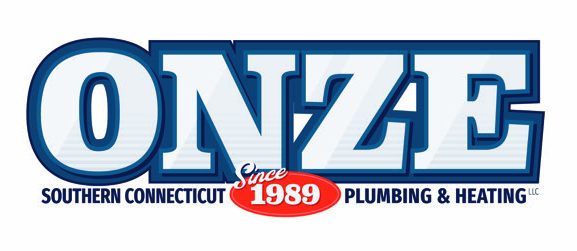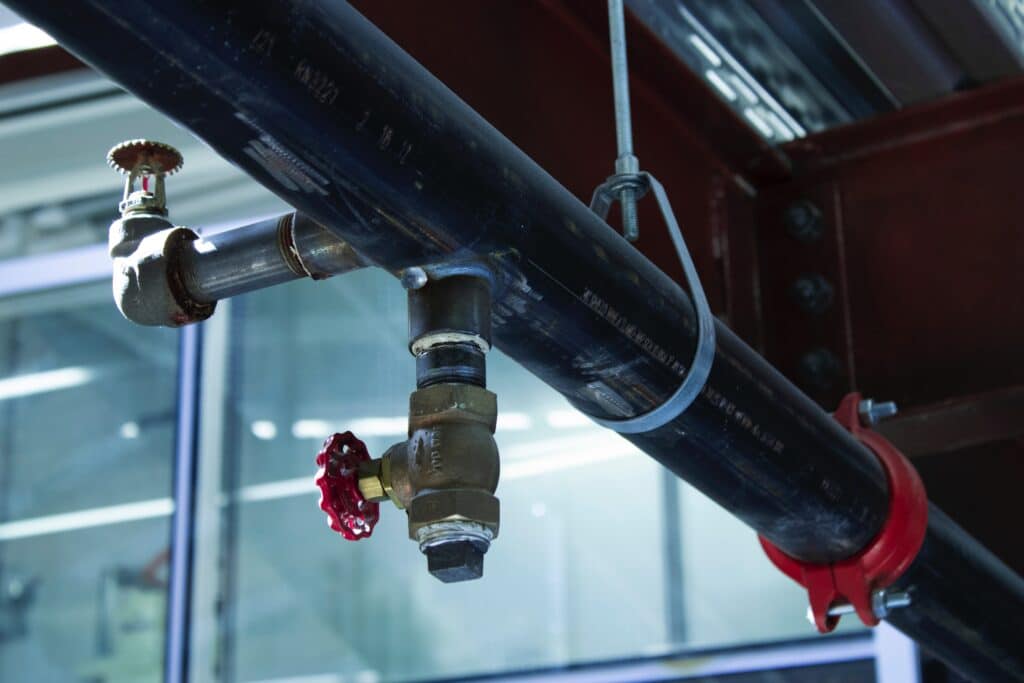If you have to wait for what seems like ages to get hot water from your shower, you are not alone. There are many reasons why your hot water may take a long time to heat up.
Here is an overview of some of the common causes and what you can do to get the hot water faster:
Water traveling long distance
When the water has to travel a relatively long distance from the water faucet to the faucet, it can take a while for the hot water to flow. If hot water has to travel through a circuitous maze of pipework to reach your shower, cold water will flow in while the hot water is in transit.
Failing water heater
If your water heater is older than 10 years or is nearing the end of its service life, it may become less effective at heating water. In this case, it is best to have your water heater checked by a professional to determine if it can be repaired or needs replacement.
Poorly insulated pipes
The temperature around your water supply lines can affect how quickly water loses heat. During winter, when the ambient temperature is very low, the water inside the supply lines can freeze.
The only way to ensure that you get your hot water quickly is by ensuring that the pipes are well-insulated. If you live in an area where temperatures drop very low, you can install foam pipe sleeves to insulate your supply lines.
Pipes that are too large
The larger the diameter of the water supply lines, the more water they will hold. The moment you turn on hot water, the water that is already inside the pipes will flow out before hot water can reach the faucet. For this reason, you always get cold water first.
Not only the size, but the material of the pipes can also make a difference. When the material used is thermally conductive, it will draw out more heat from the water.
Low Water Pressure
Low water pressure can adversely affect your water heater’s performance. It can be a result of a faulty pressure regulator, old pipes, or a partially closed meter or main shutoff valve.
Some plumbing fixtures have low-volume restrictors that can affect the water pressure and result in a slow flow of hot water.
Sediment buildup
During the water heating process, minerals like calcium and magnesium form into sediment particles that settle at the bottom of the tank. Without regular maintenance, your water heater will eventually run out of space to hold hot water and it may lead to poor hot water flow.
An undersized water heater
When your water heater is too small for your needs, it will not be able to meet the demand of your household. It is likely that the water heater was installed when the family was smaller but as the family size grew, the water heater was never upgraded. By upgrading to a larger water heater, you may be able to solve your hot water woes.
Whether it is a plumbing issue or a problem with the water heater itself, which is causing a delay in hot water to your fixtures, you should have it checked immediately. Get in touch with our team to schedule a visit.
Our team will inspect your plumbing and the water heater to identify the root cause of the problem and then carry out necessary repairs.
You can count on us for all your plumbing and heating emergencies.



